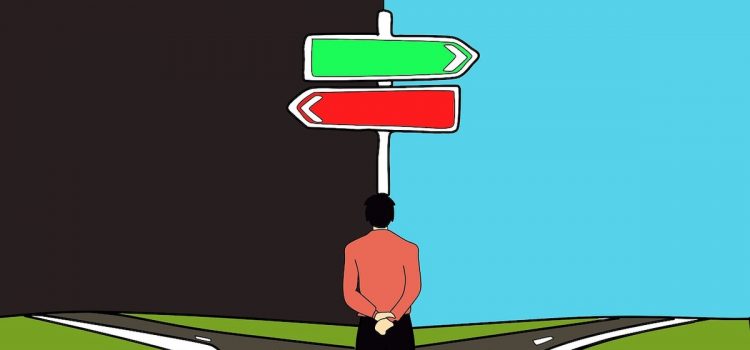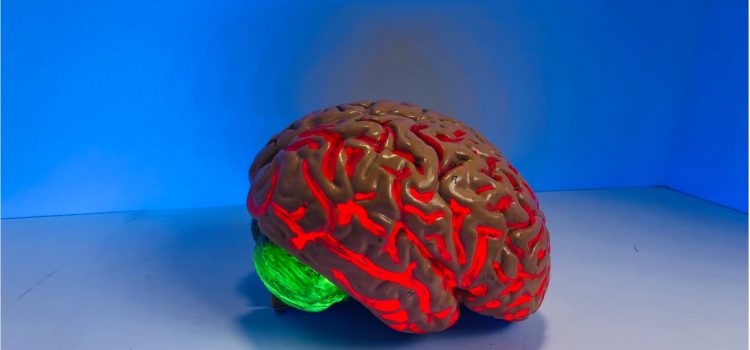Why is it so hard to make decisions? What are some ways you can narrow down your options to make it easier to arrive at an optimal choice? Decision-making is difficult because nobody has access to perfectly accurate, comprehensive sources of information. Rather, our information is often messy and flawed, so we can’t always predict how our decisions will pan out. In this article, we’ll explore three types of decision-making models to recommend the best choice based on the complexity of the decision.
The Top 3 Types of Decision-Making Models










